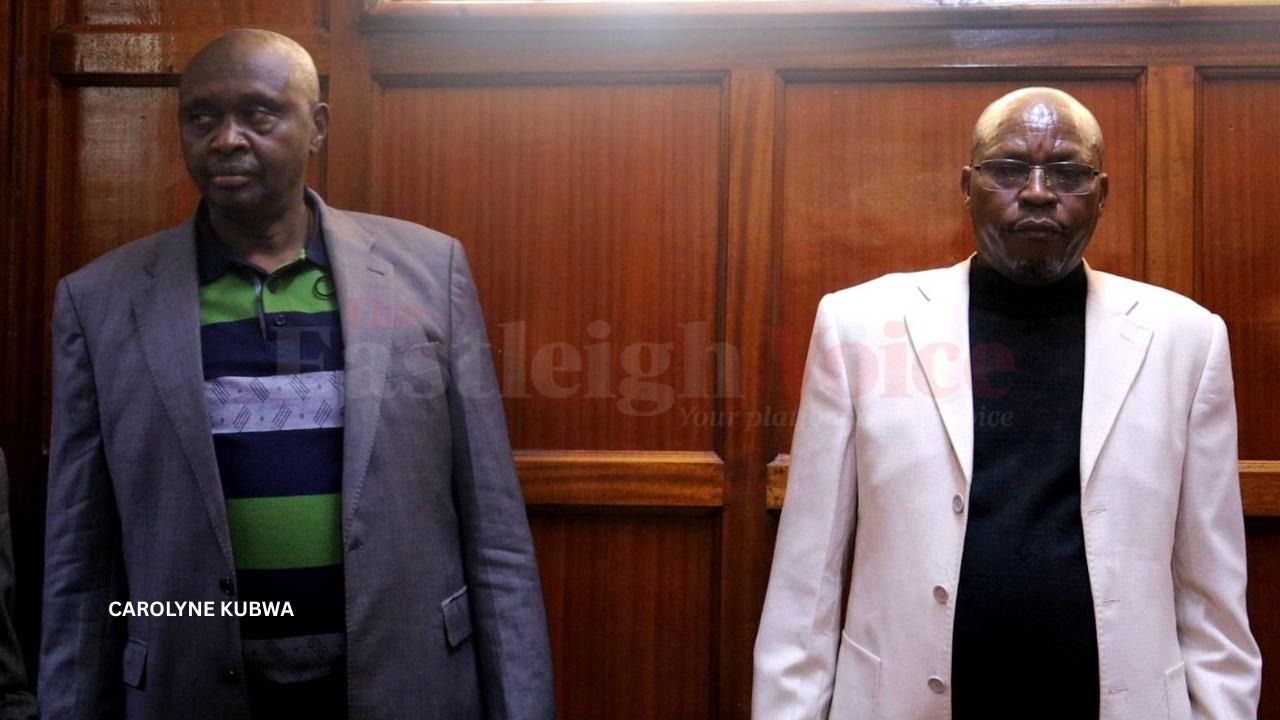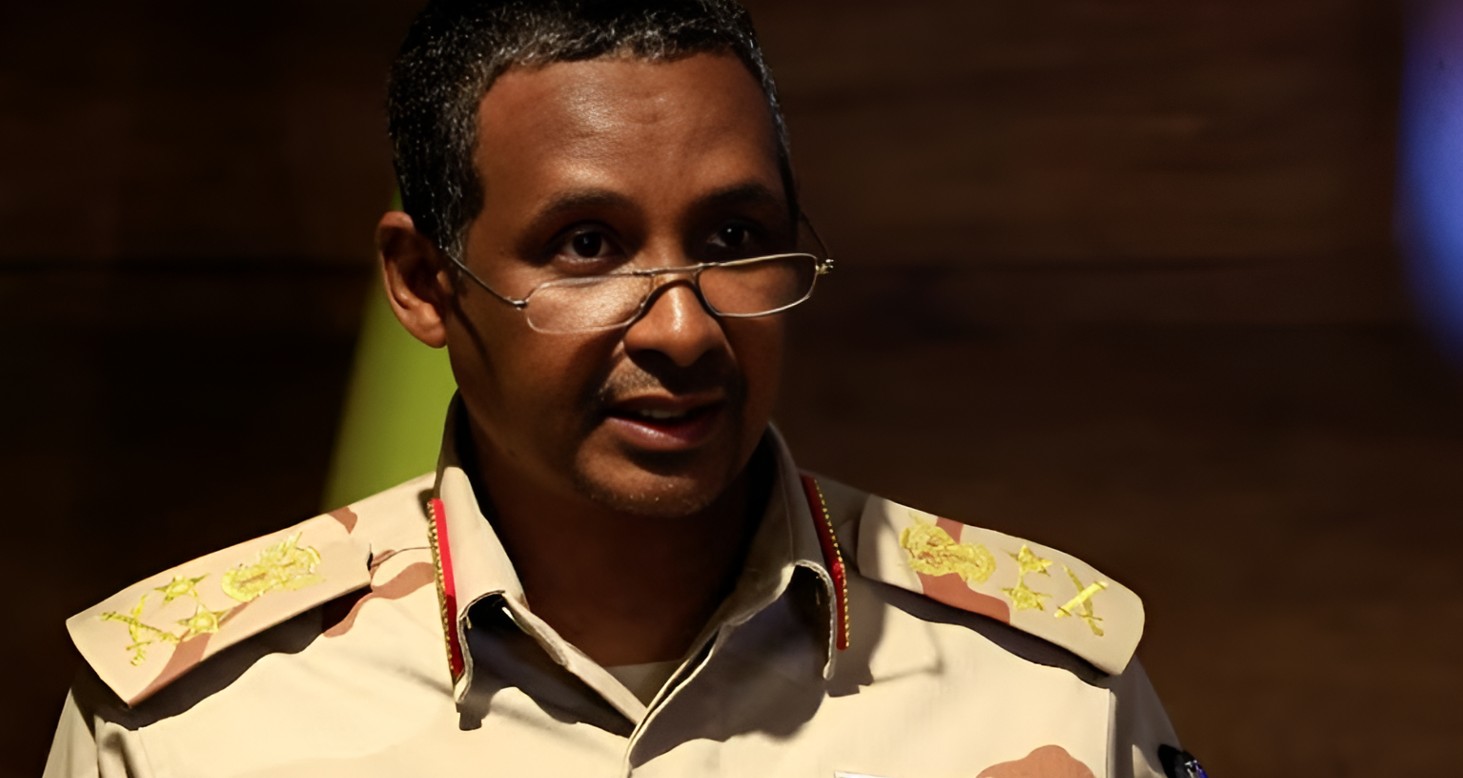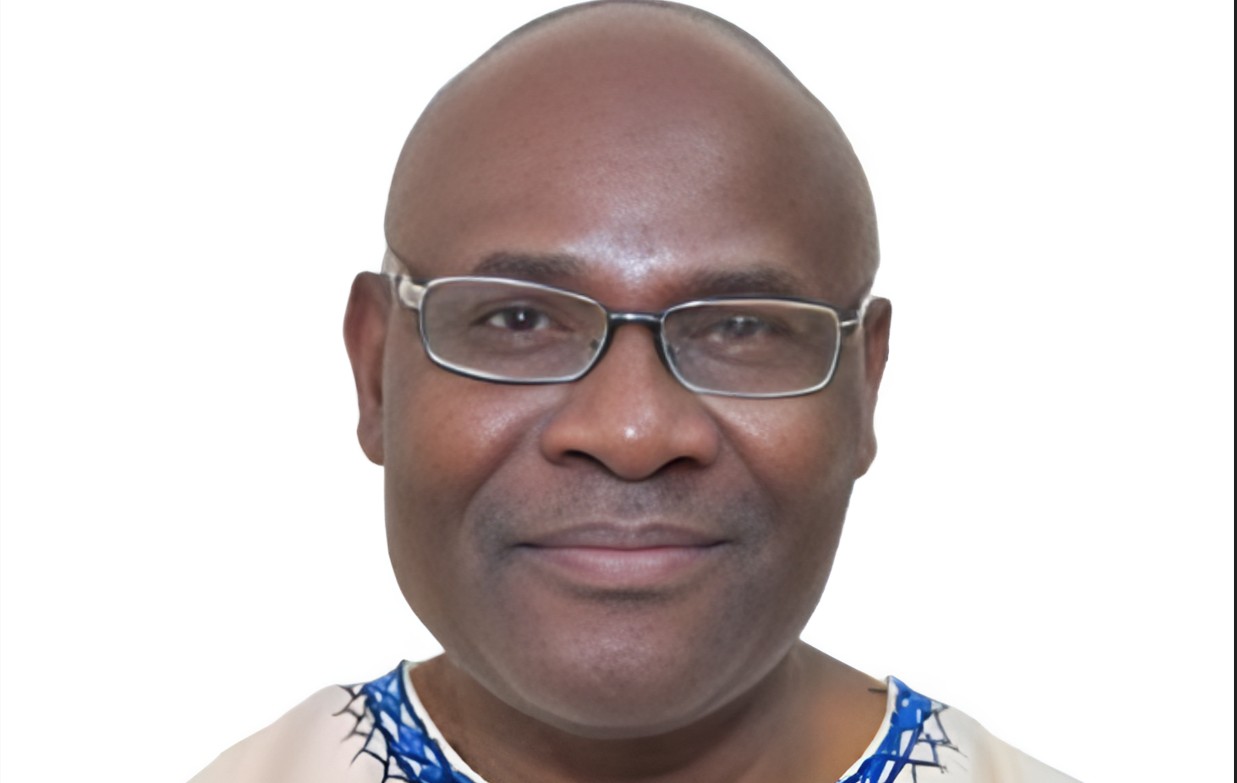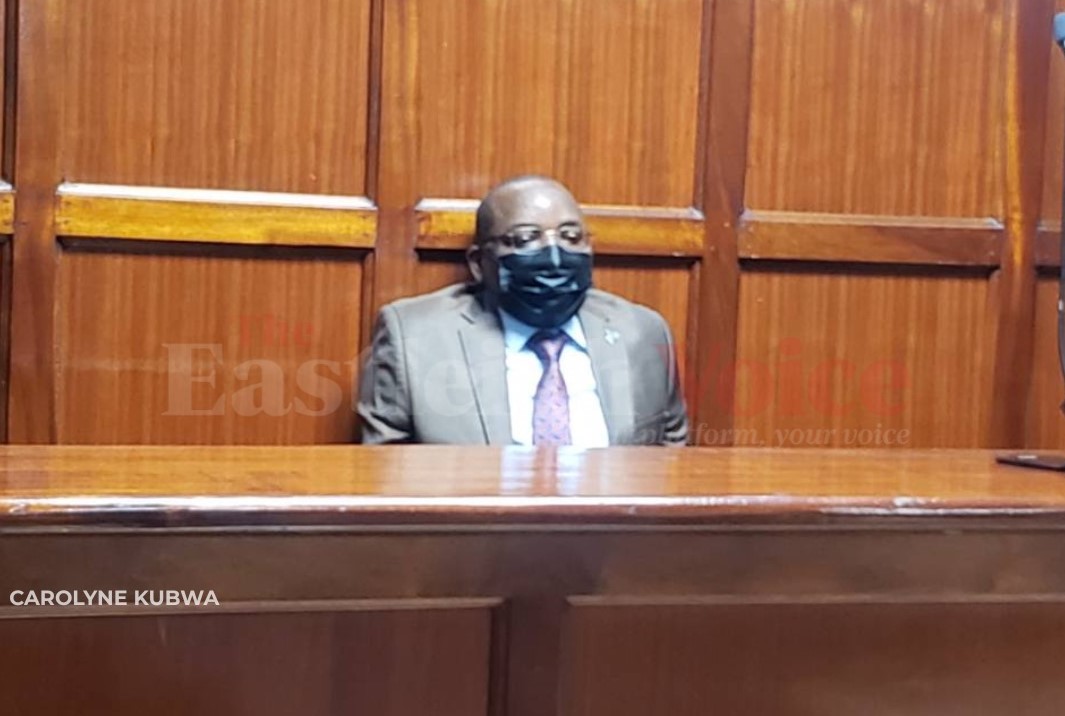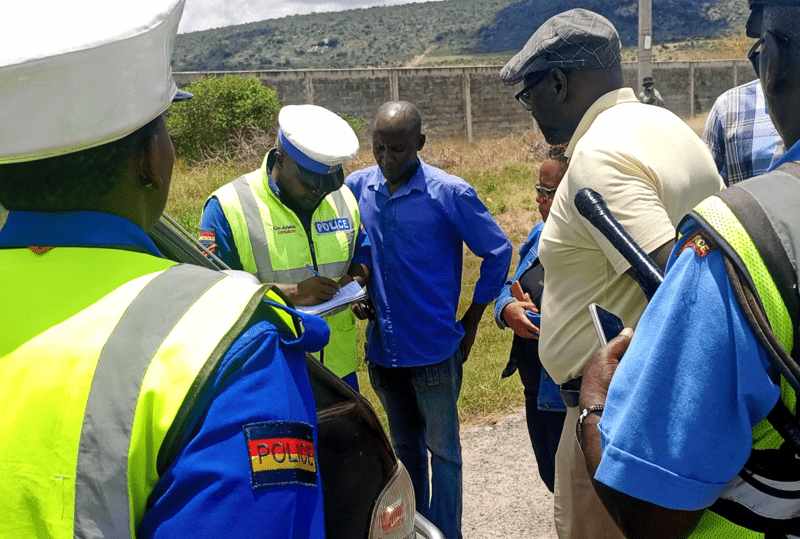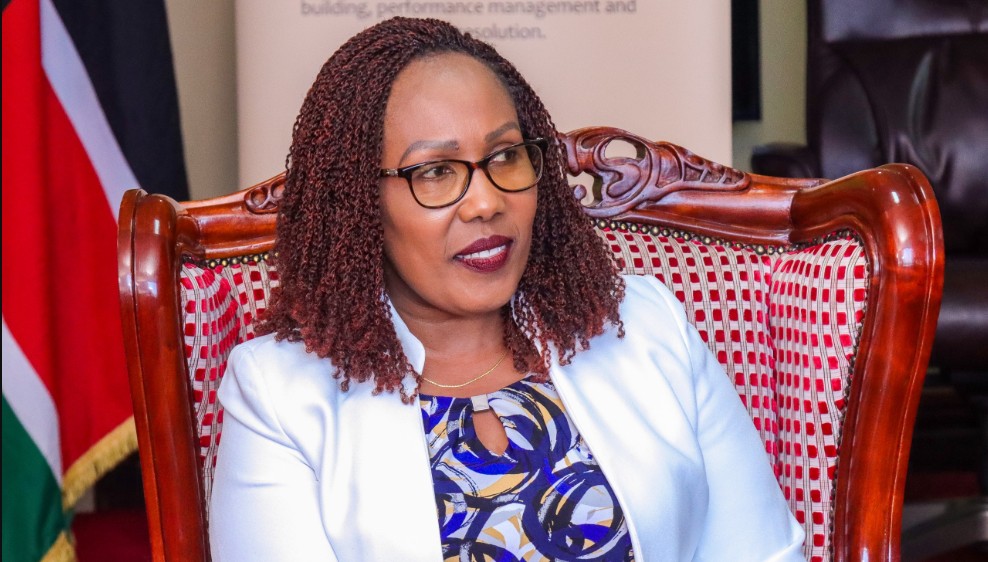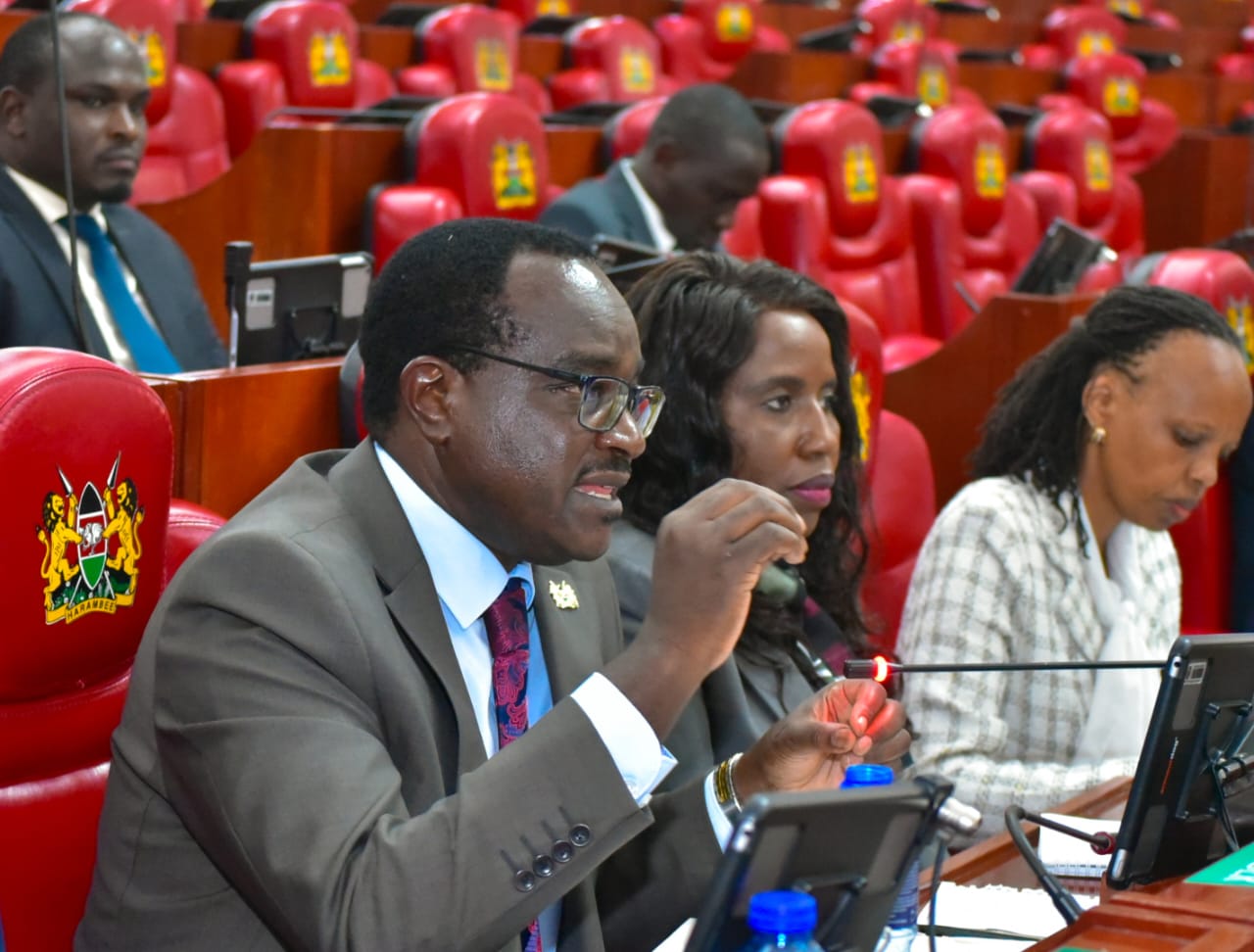Senators demand probe into mental health facilities following Chiromo Hospital killing
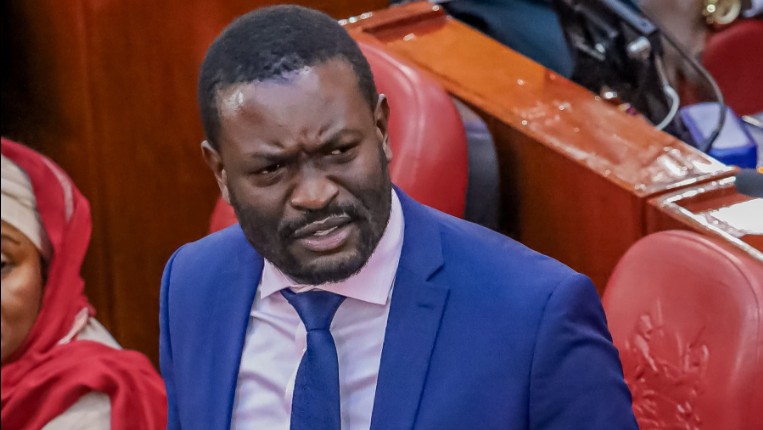
The legislators want the Senate Health Committee to investigate the extent of mismanagement in both public and private mental facilities.
Senators have demanded an urgent probe into the state of mental health institutions in Kenya, citing alarming cases of neglect, weak regulation and systemic failures that have endangered patients across the country.
The legislators want the Senate Health Committee to investigate the extent of mismanagement in both public and private mental facilities, following the recent killing of Susan Kamengere Njoki, the Chief Executive Officer and Founder of Toto Touch Kenya.
More To Read
- Mbagathi Hospital ignoring court order to admit KNH murder suspect, lawyer claims
- KMPDC orders Chiromo Hospital Braeside branch closed pending probe into Susan Njoki’s death
- FIDA demands inquiry into Susan Njoki’s murder, say Chiromo Hospital must answer
- Manhunt launched for missing Chiromo hospital staffer linked to Susan Njoki's death
- Autopsy confirms Toto Touch Kenya CEO Susan Njoki was manually strangled to death
- Why recovered mental health patients are confined at Mathari Hospital for over 20 years
Raising the matter in the House on Tuesday, Nairobi Senator Edwin Sifuna said the Senate Standing Committee on Health must urgently examine conditions in mental health institutions, warning that the sector is plagued by regulatory lapses that compromise patient safety.
He linked the July 15 murder of Njoki at Chiromo hospital to the government’s failure to enforce effective oversight mechanisms.
“The tragic murder of a patient at a private mental health facility on 15th July 2025 points to a serious lapse in oversight. We must interrogate whether the Ministry of Health is exercising adequate regulatory supervision over these institutions, particularly private ones,” Sifuna said.
Njoki died under mysterious circumstances just hours after allegedly being abducted from her home and forcibly admitted to Chiromo Hospital Group’s Braeside branch.
A postmortem conducted by government pathologist Dr J.N. Ndung’u confirmed that she was killed through manual strangulation.
“We have done this postmortem very exhaustively, and all the various parties were represented. There are no differing ideas. The bottom line findings were that there were features of compression to the neck, and those features are in keeping with manual strangulation,” Dr Ndung’u said during the examination at Montezuma Monalisa funeral home.
“There were also features of lack of oxygen in the blood as a result of neck compression, and all those features are in keeping with death as a result of manual strangulation, which we are all in consensus.”
He further clarified that Njoki died a few hours after her last meal and within the hospital premises.
A female staff member of the hospital is currently on police radar in connection with the killing, after reportedly disappearing two days after Njoki’s body was discovered.
Detectives from the Directorate of Criminal Investigations (DCI) Dagoretti have since launched a manhunt for the missing suspect, who is considered a key person of interest in the case.
The detectives also retrieved and reviewed CCTV footage, which is reported to have captured Njoki’s arrival at the hospital on July 14 and tracked her movements until her death.
Sifuna has now asked the Health Committee to establish the total number of public mental health facilities in the country, and to assess staffing levels across medical, security and support personnel.
The ODM Party legislator further called for a full audit of medical, security and procedural protocols in mental institutions, along with a review of the regulatory framework that governs private facilities.
He also urged the committee to provide an update on the progress of investigations into Njoki’s murder.
The Senate Health Committee is expected to launch a formal inquiry and report its findings to the House.
Top Stories Today



